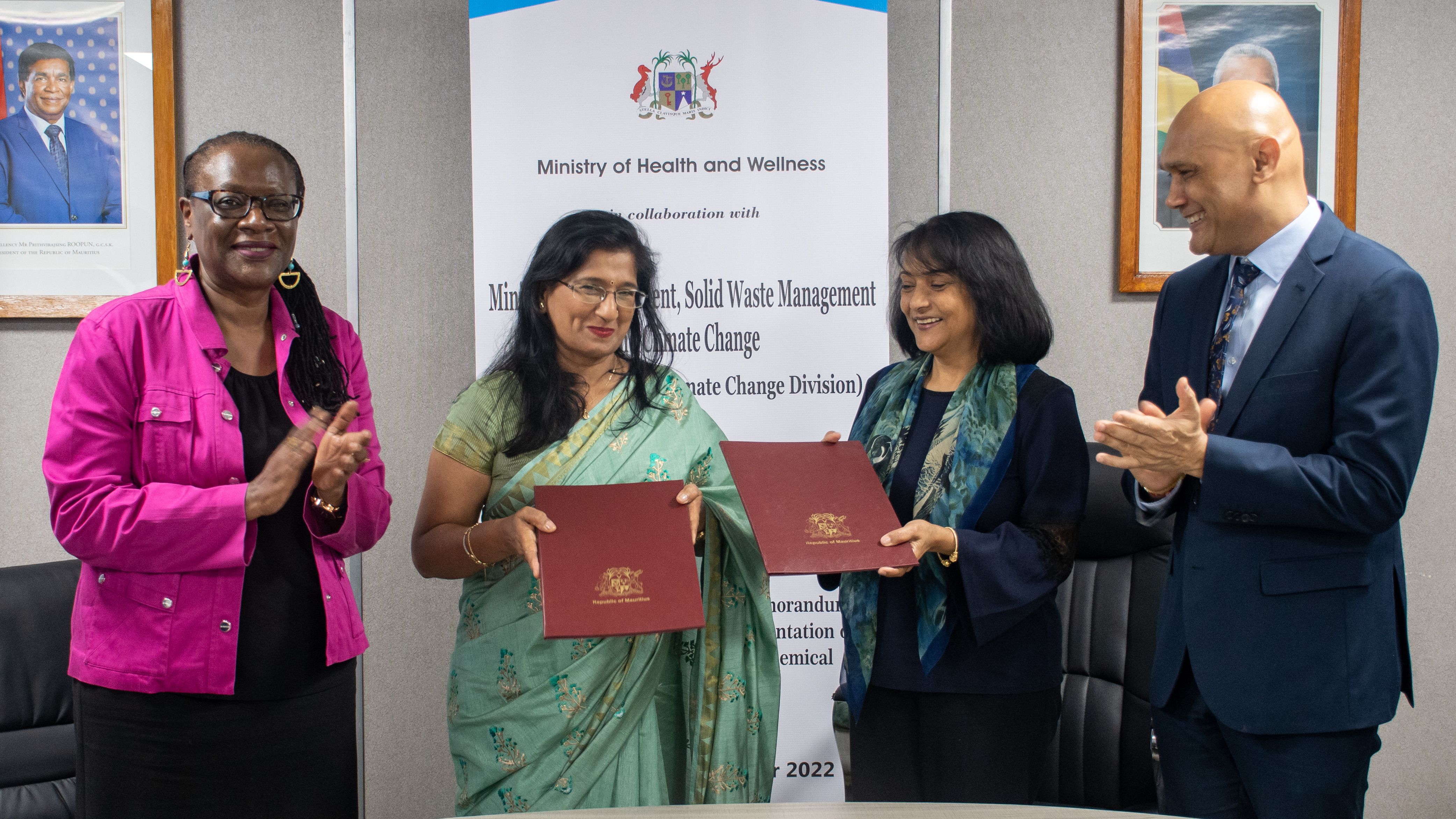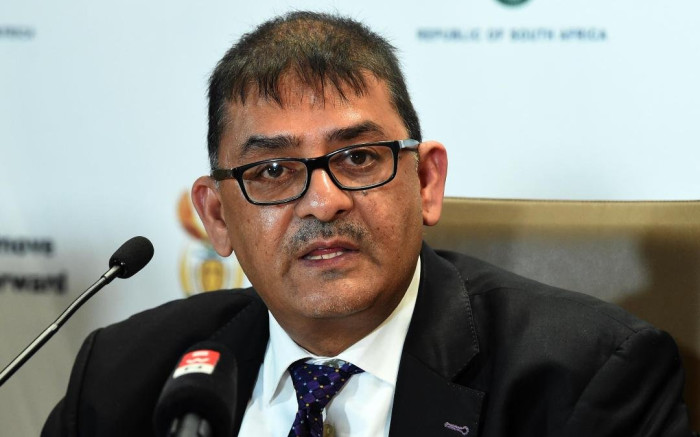The Ghanaian President, Nana Akufo-Addo has explained to the citizens of his country his government’s decision to seek a U.S. $3 billion bailout from the International Monetary Fund, IMF.
He said this decision will help the country overcome its economic crisis and assured investors that any deal with the IMF will not result in investors losing money on government bonds.
Akufo-Addo said this while addressing the nation on the current economic situation of the country.
“Talks with the IMF are going well and the government is working towards wrapping up a deal by the end of the year.
“We are in a crisis; I cannot find an example in history when so many malevolent forces have come together at the same time. But the government aims to use the crisis to address long-term structural problems as well as immediate challenges.
“I urge us all to see the decision to go to the IMF in this light. We have gone to the fund to repair, in the short term, our public finances, and restore our balance of payments, whilst we continue to work on the medium to long-term structural changes that are at the heart of our goal of constructing a resilient, robust Ghanaian economy, and building a Ghana Beyond Aid,” he said.
Akufo-Addo hit out at the circulation of “falsehoods” which caused panic in the markets, assuring Ghanaians that “no individual or institutional investor, including pension funds, in Government treasury bills or instruments, will lose their money as a result of our ongoing IMF negotiations”.
Akufo-Addo said the government aims to reduce the total public debt to GDP ratio to about 55 per cent in current value terms by 2028 and to bring down the costs of servicing debt to a maximum of 18% of annual revenue by then.
The president encouraged traders in the country’s local markets not to escalate the selling prices of their wares for fear of rising costs in the future. He also mentioned that the government is committed to improving the collection of taxes from its current tax-revenue-to-GDP ratio of 13 per cent to between 18 and 20 per cent, he said.


